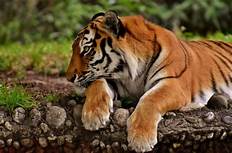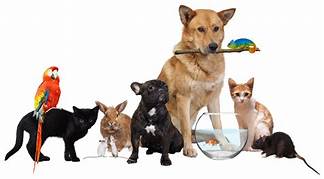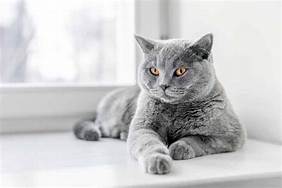Why It Is Cruel to Keep Wild Animals as Pets
Keeping wild animals as pets is a cruel and harmful practice that can have devastating consequences for both the animals and the people who own them. Wild animals are simply not suited to living in captivity, and they can suffer from a variety of physical, mental, and behavioral problems as a result. In this article, we will explore the many reasons why it is cruel to keep wild animals as pets.

Physical Health Problems
Wild animals have evolved to live in specific habitats with particular dietary needs and environmental conditions. When they are kept in captivity, they are often subjected to an unnatural diet, inadequate shelter, and a lack of exercise, all of which can lead to a variety of health problems. Common health problems seen in captive wild animals include malnutrition, obesity, respiratory infections, gastrointestinal problems, and reproductive disorders.
Mental and Behavioral Problems
In addition to physical health problems, wild animals in captivity often suffer from mental and behavioral problems. They may exhibit abnormal behaviors such as pacing, self-mutilation, and aggression. Wild animals are also prone to anxiety, depression, and post-traumatic stress disorder (PTSD) as a result of the trauma they have experienced. These mental and behavioral problems can make it difficult or impossible for wild animals to live happily and healthily in captivity.
Risk to Human Health and Safety
Keeping wild animals as pets also poses a significant risk to human health and safety. Wild animals can carry diseases that can be transmitted to humans, such as rabies, salmonella, and tuberculosis. They can also be aggressive and unpredictable, even when they are seemingly tame. Attacks by wild animals in captivity have resulted in serious injuries and even death.
Conservation Concerns
The keeping of wild animals as pets also has negative implications for conservation. The demand for wild animals as pets drives the capture and trade of these animals from their natural habitats. This can lead to the decline of wild populations and the extinction of some species. Additionally, captive-bred wild animals may be released into the wild, where they can compete with native species for food and habitat and potentially introduce diseases.
The Importance of Preserving Wild Spaces
Wild animals belong in the wild. They are an integral part of our planet's biodiversity, and they play a vital role in maintaining the health of ecosystems. Keeping wild animals as pets deprives them of their freedom and their natural way of life. It is important to preserve wild spaces and allow wild animals to live in their natural habitats.
In conclusion, keeping wild animals as pets is a cruel and harmful practice that has no place in a civilized society. Wild animals are not suited to living in captivity, and they suffer greatly both physically and mentally as a result. The keeping of wild animals as pets also poses a risk to human health and safety and contributes to the decline of wild populations. It is time to end this cruel practice and allow wild animals to live where they belong: in the wild.
Declaration: All article resources on this website, unless otherwise specified or labeled, are collected from online resources. If the content on this website infringes on the legitimate rights and interests of the original author, you can contact this website to delete it.






